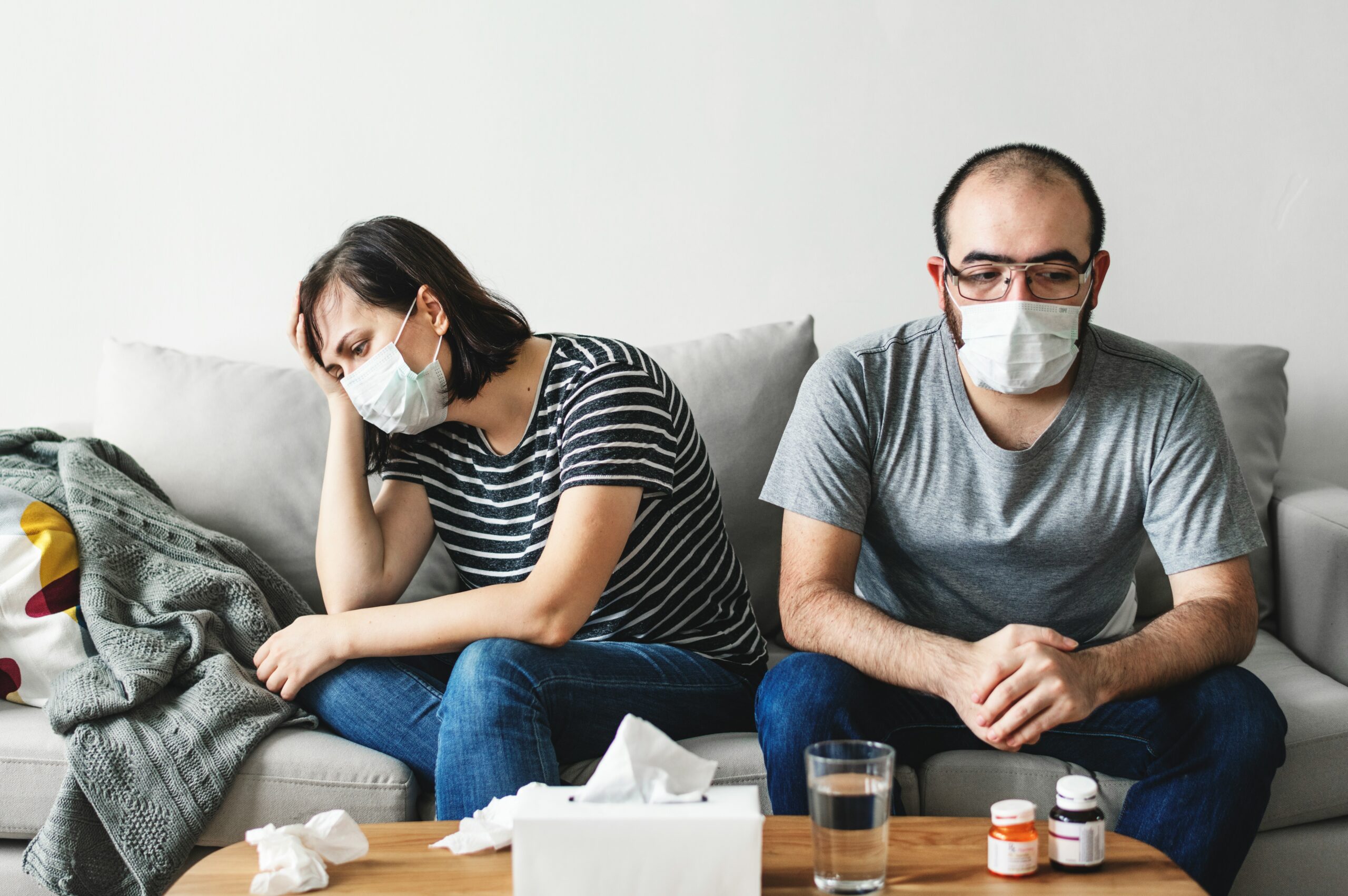
Hydroxychloroquine: Uses, Mechanisms, and COVID-19 Potential
Antimalarial medications have a significant role in the treatment of lupus. Cinchona bark was first used to treat fevers in Peru in 1630. Later, medical professionals found that it could also help with rashes that we now know were brought on by lupus.
Scientists created chloroquine, a safer and more potent malaria medication, in 1939. Soldiers who took it to prevent malaria during World War II experienced an unanticipated benefit: an improvement in their joint pain and lupus rashes.
A brand-new medication known as hydroxychloroquine (Plaquenil) was released by 1955. This version swiftly emerged as a crucial lupus treatment and was even safer. It eventually showed promise in treating rheumatoid arthritis and other ailments. It’s interesting to note that some research even indicated that these medications may lower the risk of developing some types of cancer.
One of the most well-reviewed medications for lupus management today is Plaquenil, which is safe for long-term use and provides relief from rashes, joint pain, and inflammation.
How Hydroxychloroquine Helps the Immune System?
In addition to combating malaria, Plaquenil and chloroquine aid in immune system regulation. The immune system overreacts and targets healthy tissues in autoimmune diseases such as rheumatoid arthritis and lupus. These medications aid by:
- lowering pain, swelling, and inflammation.
- blocking tissue-damaging chemicals (such as TNF-alpha, IL-1, and IL-6).
- shielding the skin from sun-induced rashes.
- regulating immune responses without impairing the body’s ability to combat infections.
It is frequently used to treat autoimmune diseases and may even help lower inflammation during some viral infections as a result of these effects.
The Role of IL-6 in Viral Infections
Proteins called cytokines aid the immune system in the fight against infections, but occasionally they do more harm than good. IL-6 is one such cytokine that has two possible effects: it can sometimes cause excessive inflammation and other times it can lessen it.
Higher IL-6 levels are frequently associated with worse outcomes in viral infections Primary reasons are suggested by research:
- Immune defense is weakened because IL-6 can lower CD8 T cell activity, which is essential for eliminating viruses.
- Infection prolongation: IL-6 can prolong infections and exacerbate their symptoms when it combines with another cytokine, IL-17.
- Immune signal alteration: IL-6 inhibits the body’s capacity to eliminate viruses during infection by increasing PD-1/PDL-1 signals, which ordinarily prevent autoimmunity.
High levels of IL-6 and TNF-alpha have been linked in studies to increased inflammation and worsened illness in infections such as HIV, hepatitis, influenza, chikungunya, and SARS-CoV.
Hydroxychloroquine/chloroquine antiviral effect
Hydroxychloroquine and chloroquine don’t just reduce inflammation—they can also block viruses from growing. These medicines change the cell’s acidity, which can stop some viruses from entering. They also interfere with the way viruses build and modify their proteins, making it harder for them to survive.
Researchers found that these drugs may reduce the ability of viruses like HIV, influenza, and SARS to attach to and infect cells. During the 2002 SARS outbreak, studies showed that chloroquine could block the virus in lab experiments and even protect cells before infection.
This suggested that Plaquenil might help prevent or treat certain viral infections, in the same way it is used for malaria prevention.
Uses of hydroxychloroquine and chloroquine in COVID-19 (SARS-CoV-2)
The COVID-19 pandemic pushed scientists worldwide to explore every possible treatment. Because COVID-19 is similar to the earlier SARS virus, researchers studied whether hydroxychloroquine and chloroquine could help.
In lab experiments, scientists tested several approved antiviral drugs against the virus. Remdesivir was shown to block infection after the virus entered cells, while chloroquine was able to stop the virus at certain concentrations without being toxic to cells. These results suggested that both drugs had potential against the new coronavirus, sparking further research during the pandemic.
Studies showed that chloroquine could block the coronavirus both before it entered cells and after infection, while remdesivir worked only after the virus had already entered. This suggested that chloroquine might also have a role in prevention (prophylaxis).
In another lab study, Yao and colleagues tested both Plaquenil and chloroquine. They ran two types of experiments—one to see how well the drugs worked as a treatment, and another to test their possible use as a preventive option against the virus.
Comparing Plaquenil and Chloroquine in Laboratory Research
Researchers compared the efficacy of Plaquenil and chloroquine against the coronavirus in lab experiments.
Treatment study:
- It was more effective at controlling the virus after infection, even at much lower doses than chloroquine.
- Studies on prophylaxis showed that Plaquenil was more effective than chloroquine at stopping the virus from infecting cells.
The conclusion was unambiguous: at least in laboratory settings (in vitro), It is more effective than chloroquine as a treatment and a preventive measure.
Clinical Trials on Chloroquine for COVID-19
Encouraging lab results led to several clinical trials testing chloroquine in COVID-19 patients. Early findings from China were promising. In one study involving over 100 patients, researchers reported that chloroquine was better than standard treatment in:
- Improving lung scan results
- Reducing the worsening of pneumonia
- Helping patients clear the virus faster
- Shortening the overall duration of the illness
These results, observed across more than 10 hospitals, suggested that chloroquine could play a role in managing COVID-19, though more studies were still needed.
In France, Gautret et al. studied 20 COVID-19 patients treated with hydroxychloroquine and compared them with 16 patients who did not receive the drug. Researchers measured the viral load (amount of virus in the body) over six days.
Results showed:
- By day 3, 50% of treated patients had lower viral loads.
- By day 6, 70% had a reduction compared to controls.
When azithromycin (an antibiotic) was added to Plaquenil, the effect was even stronger—100% of patients had cleared the virus by day 6, compared to 70% with Plaquenil alone.
These early results suggested a potential benefit, though larger studies were needed for confirmation.
Ongoing studies and guidelines
Numerous randomized clinical trials have been proposed to examine the use of antimalarial drugs in COVID-19. There are currently 143 COVID-19 trials registered worldwide on the US National Institutes of Health’s (NIH) medical library, with 14 of those trials focusing specifically on the impact of antimalarial medications on the virus. The purpose of these trials is to show how well chloroquine and Plaquenil work for treatment and prophylaxis before and after exposure.
Furthermore, 16 of the more than 500 studies that have been enrolled in the Chinese clinical trial entry concern the use of chloroquine and Plaquenil for COVID-19. Their website has this information.42 The Centers for Disease Control and Prevention (CDC) and other organizations around the world have already included hydroxychloroquine in their treatment guidelines demonstrating the drug’s applicability in the current pandemic.
The Importance of Prevention in a Pandemic
A quick fix is essential in the midst of a pandemic with a high death rate, failing health systems, and catastrophic global economic effects. In any pandemic, preventive medicine is essential. Global morbidity would be reduced if cases were prevented instead of treated.
The focus of preventative measures against infectious diseases has been vaccinations. However, the development of a successful vaccine against the COVID-19 virus in the near future is uncertain due to the virus’s novelty, unpredictable immune response, and rapid spread. The WHO and the CDC of Atlanta recommend current measures like social distancing and self-quarantine.
Alongside these measures, hydroxychloroquine has been studied for its potential preventive and treatment benefits in viral infections. You can buy hydroxychloroquine online from Mediwindow, a trusted pharmacy providing genuine, FDA-approved medicines conveniently delivered to your home.
